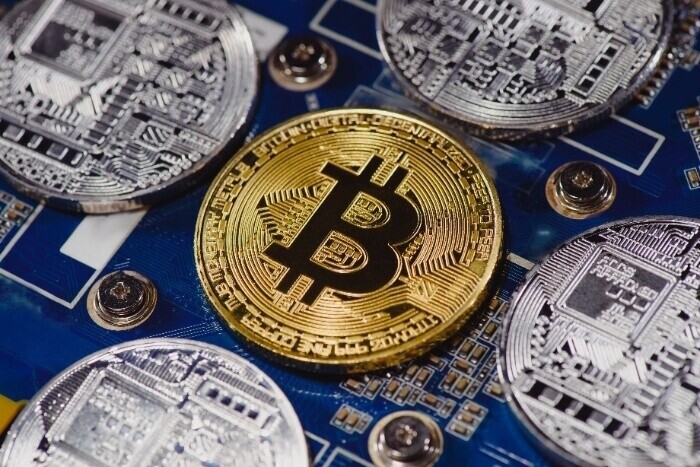Crypto exchanges have been among the most prominent hacker targets for quite a while; multi-million dollar breaches are alarmingly evermore common. Of course, as every cloud has a silver lining, it comes at a time when a Chainalysis report showed illicit crypto transactions overall declined. Still, hacking attacks increased 2.8% this year. Through mid-2024, stolen cryptocurrencies tallied up to $1.58 billion, which is an increase of 84% over mid-2023.
Crypto Exchange Security High Stakes
Exchanges that attract millions of dollars in daily trades are a particularly juicy target for cybercrooks. For example, attacks like that disabled Japanese platforms Mt. Gox in 2011 and Coincheck in 2018.
Even though the global market for BTC is represented by 50% trades in yen against Bitcoin during 2017-2018, this share of the share has declined in Japan. Japanese exchanges are taking firmer steps to rebuild confidence and stabilize the industry.
Trend II: Sophisticated threats – preventive measures
Keisuke Igarashi is the PR manager at bitFlyer. “Sophistication has really stepped up. Phishing is much bigger game than that because the hackers use social engineering tactics to exploit social networks and even hijack former employees’ accounts. The bad guys are using even more complex techniques such as generative AI to build out fake profiles and start employment scams.”.
Part of this can be attributed to their associations with industry organizations such as the Japan Cybercrime Control Center (JC3) and the National Police Agency. The means to sophisticated attacks intelligence can make them win those ones at a moment’s notice.
This level of proactiveness has kept bitFlyer on tenterhooks towards security, thus maximizing their high security awareness, customized wallet building, and strict compliance procedures.
Industry Initiatives in the Future
According to Igarashi, however, there are now more and more state-sponsored attackers attacking and the LOTL attacks on stored software will add these sophisticated attacks to avoid detection. In that regard, the industry needs to develop strong countermesures and strengthen collaboration.
In 2018, hacks led the Japanese crypto industry to form the Japan Virtual Currency Exchange Association, which audits its members and holds them up to very high security standards.
Other new initiatives set security standards across industries, including the Cryptoassets Governance Task Force.
A Way Forward
Japanese crypto exchanges promised the environment to be made safer and investors’ trust restored despite lots of longed-for problems. They are aimed at developing a safer space for digital assets, getting closer to corresponding state bodies and industry associations.





